Does the Next Corvette Innovation Need to be a CVT?
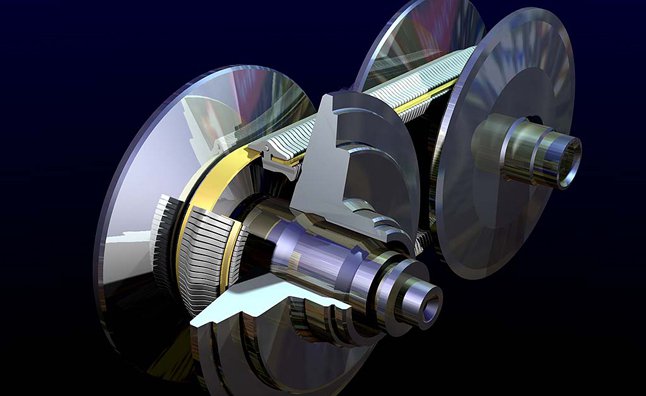
Not too long ago, Car and Driver stated that the Viper needs a CVT. Of course, that did not go over well with the Facebook Idiocrates, as they spouted off nonsense, typical “I’m an expert because I’m special” foolishness, and the usual fanboy-isms social media is best known for. However, it did get us thinking. Could GM create a better CVT for the Corvette? Does it need to?
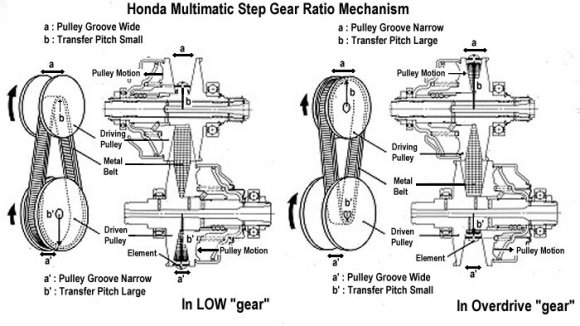
What is a CVT? If you’re unfamiliar with the acronym, it stands for Continuously Variable Transmission. Instead of using gears to create the ratios to allow you to accelerate and keep your vehicle moving, it can use a variable-diameter pulley (also known as a Reeves Drive), Toroidal or Extroid (roller-based), or even variable displacement pump with a hydraulic motor to create the gear ratio needed. Really, that’s just the start, as there are also cone-style, magnetic (though not very popular yet in the automotive world), ratcheting, and several more.
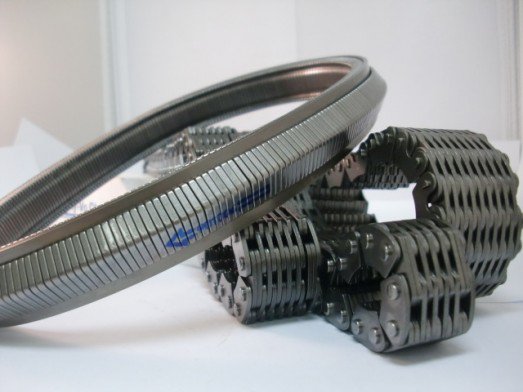
While there are many different types they all are about achieving the same goal: delivering the right amount of power or torque at the optimum RPM for all situations. We mostly relate the CVT to the scooter, hybrid cars, or even fuel economy cars, but there are a few instances of CVTs in motorsports that could justify a CVT in a car like the Corvette.
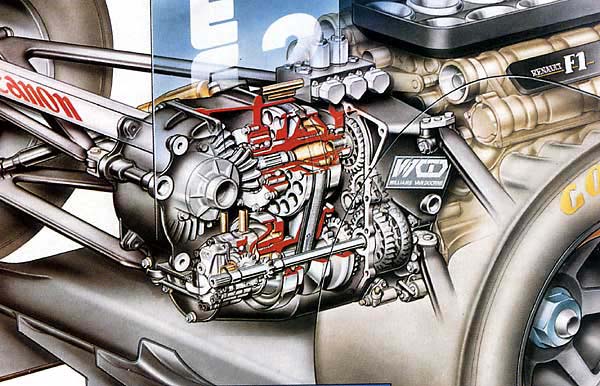
The most famous of course is the Williams FW15C’s CVT which used a belt transmission. After developing a perfect electronic semi-automatic transmission from the FW14B, Williams’ engineers decided another evolution was needed in-power transmission and came up with the CVT system in the FW15C. The engine stayed at the optimum RPM for engine power for all corners, all the driver had to do was gas, brake, and steer – the CVT system did the ratio optimization. However, it never saw a turn around a race circuit, as the technology was banned before it could take a lap in fury. There were even race cars before that with SCCA Formula 500 race cars in the 1970s and some C Sports Racer cars used it as well.
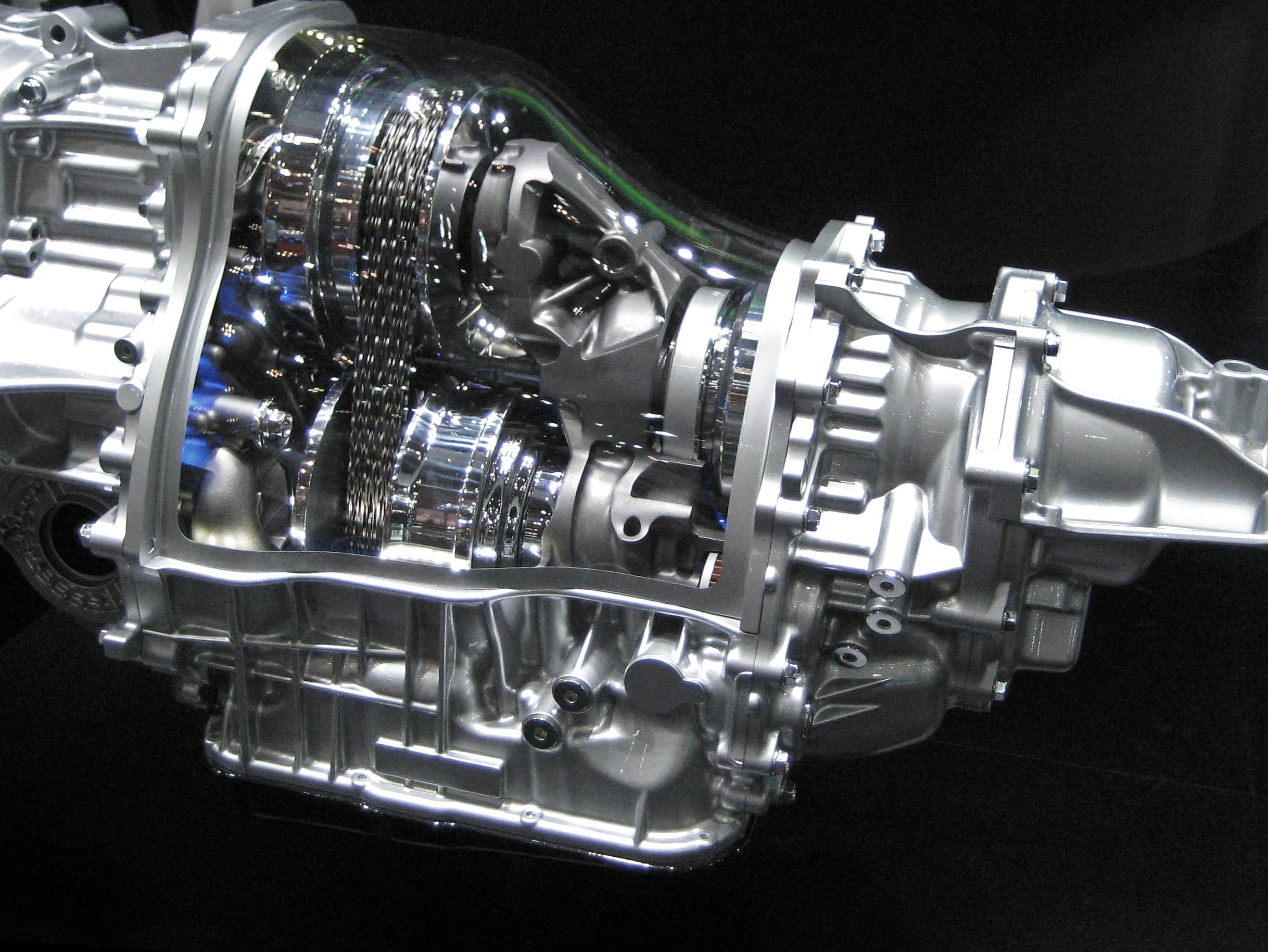
Ok, great, race cars used it but that really doesn’t translate into the real world, right? Especially Formula 1 technology. Well, don’t put it off just yet, since not only can you optimize it for pure performance, you can also program the controller for pure fuel economy as well. It’s why we do see it in hybrids and economy cars. It’s what makes a CVT so interesting; you can tune it to what you need, on the fly. So you wouldn’t have to take out the guts of it, like a typical automatic transmission, and go changing the gear ratios inside. Sure, you can manipulate a couple of the planetary gearsets to get a different ratio, but you’ll never really get that perfect ratio for both fuel economy and performance in the same transmission like you can with a CVT.
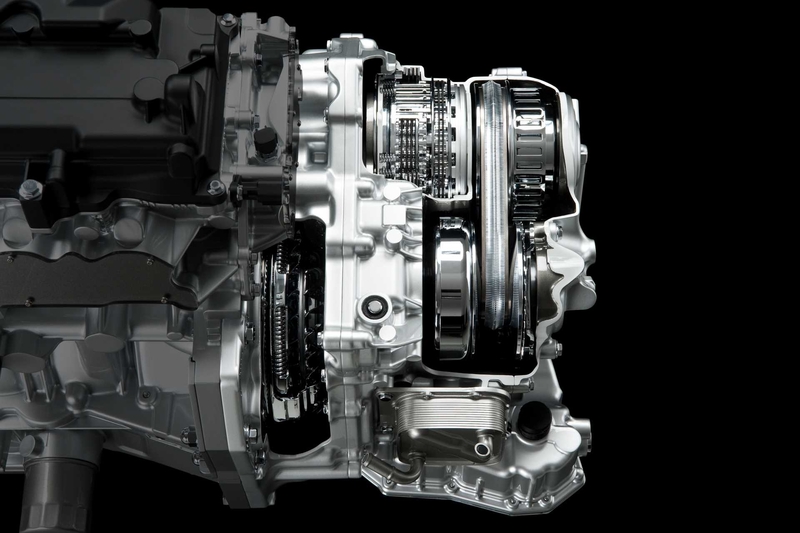
You may also have another concern if you own an older Honda or even a Nissan with a CVT. You have felt the pain of having to get it repaired and the long downtime that comes with it. When it comes to Nissan, their failure points have been with the transmission fluid. One factor is that the fluid becomes aerated (it foams up) due to being overfilled and causes a failure thanks to a lack of lubrication. The second issue is temperature, once the fluid overheats the transmission goes into limp mode and if it goes on for too long, then the transmission is ruined. Fortunately, most of the problems encountered with Nissans seem to be only related to that brand and all others have had different issues that don’t seem to come up again once fixed.

So, does Chevrolet need to put a CVT into a Corvette? Well, that one’s up for a personal debate, but I would say no, they don’t, even though I would love to see it. I like the idea of challenging the normal and pushing technology to its cutting edge. I can see the benefits and have worked on this type of transmission to know what can be done to it. When a CVT is tuned right, the acceleration you get out of it is amazing. And with computer control over the variator instead of the weights that I’m used to dealing with – it would be an amazing piece of technology. Yes, the die-hard manual guy is going to hate it, but it’s not for that guy. That buyer doesn’t have to buy it, but doesn’t have to put down the idea either. You don’t want it, great, but understand why it works and how it could be beneficial to those who want it before becoming another member of the Facebook Idocrate.
